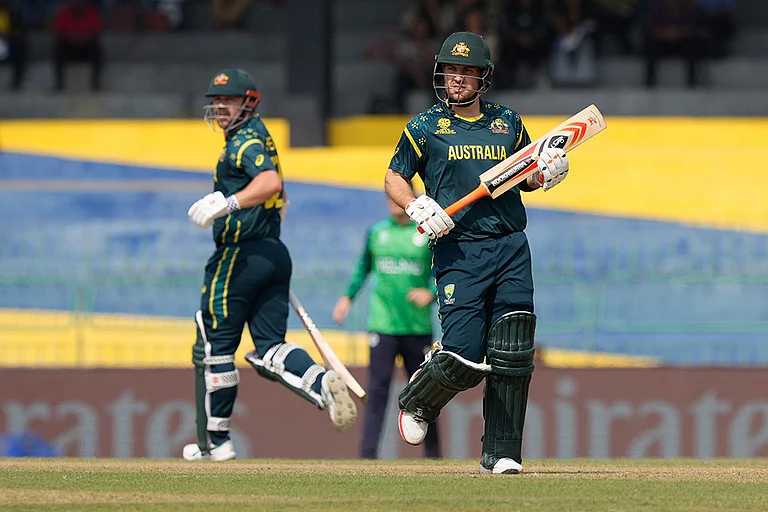Hero recently launched its second 125cc scooter after the Destini 125: the Maestro Edge 125. This new scooter faces stiff competition from other 125cc scooters like the Honda Grazia, TVS NTorq 125 and Suzuki Access 125. While each scooter has its own strengths and weaknesses and we are yet to ride them, however, here is a quick on-paper comparison between the four.
Features:
The Maestro Edge 125 gets a nifty looking LED DRL on the front apron that reminds us of Iron Man. Features include a 4-into-1 ignition lock that also unlocks the seat and fuel cap, external fuel filler cap, boot light and a USB charge in the boot. It gets a semi-digital instrument console and switchgear borrowed from its smaller sibling.
In comparison, the Honda Grazia is the only scooter on the list to offer an LED headlamp. Features include a twin-stacked digital instrument console, a small glovebox in the front apron that hides a USB charging port, and a switch on the ignition slot that opens the seat.

The TVS NTorq offers the most features. It gets a comprehensive digital instrument console that would look at home on larger 200cc motorcycles. It shows the speed, fuel level, engine temperature, trip km, and time. The display can be connected to your phone via Bluetooth. You have a text display that shows phone alerts and map directions as well. Other features include an LED tail lamp, boot light, USB charging port and external fuel filler cap.

Of the four scooters here, the Suzuki Access 125 has the least amount of features. It gets a semi-digital instrument console, a front apron pocket and DC charging port.
When it comes to features, the TVS NTorq 125 wins outright while the Suzuki Access 125 is the least impressive here.

Engine:

The TVS NTorq 125 is not just sporty in terms of looks but in performance as well. It offers the most power and second highest torque. Next on the list is the Maestro Edge 125, the first and only fuel-injected scooter available in India. The Honda Grazia offers the most torque output here. The Suzuki Access 125 might not impress on paper but does so with its refinement -- and the fact that it’s the lightest helps in performance.

Of all the scooters, only the Maestro Edge 125 comes in both FI and carb variants. While we expect the FI variant to offer fantastic fuel efficiency, the carb version gets Hero’s i3S start-stop technology which should help deliver better fuel economy as well. We will be getting a real-world fuel efficiency comparison between the four scooters soon.

Underpinnings:

All four scooters here get a similar suspension setup consisting of telescopic front forks and a single hydraulic shock absorber at the rear. While all scooters here get a front disc brake as standard or optional fitment, the NTorq gets a larger 220mm disc. The Maestro Edge 125, Access 125 and Grazia get 12-inch front/ 10-inch rear wheel setup. However, the NTorq gets 12-inch wheels at both ends with the widest tyres here. At 101kg, the Access 125 is the lightest here by quite a margin -- in fact, it’s lighter than some 110cc scooters. The Suzuki 125cc scooter also has the largest fuel tank capacity here, and the second largest boot after the NTorq. Overall, it is the NTorq that impresses the most here.

Pricing:

Here, the Suzuki Access 125 disc variant is the most affordable scooter you can buy. The Maestro Edge is available in two versions: i3S carb and FI. The i3S carb variant comes in drum and disc variants. Its FI variant gets a front disc brake as standard and costs just Rs 2,700 more than the carb disc variant, which is brilliant value. Of the three, the Grazia is the most expensive scooter here and while it looks premium, it does not offer much in terms of value.

Overall, the TVS NTorq disc variant offers the most value for money, being priced lower than the most affordable variant of the Honda Grazia.
Source: zigwheels.com


























